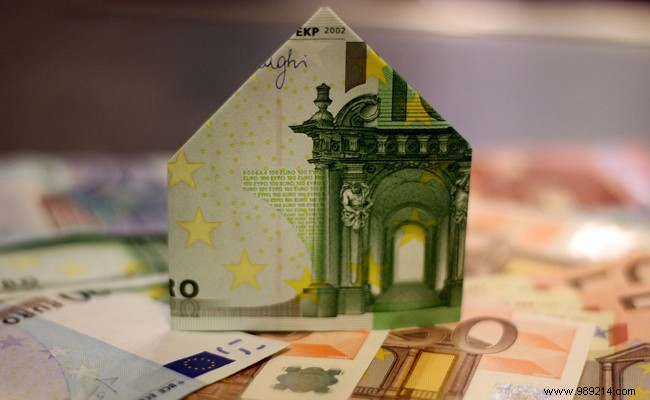Many savvy investors seek proven tax strategies to counter rising tax pressures. The Pinel scheme, a go-to for real estate buyers in France, promises relief—but does it deliver long-term value?

These incentives reward investors who buy property, a staple of secure French investments. The government drives the market with schemes like Censi-Bouvard Law, Girardin Law, Malraux Law, LMNP, LMP, and Historic Monuments Law. Pinel leads in popularity.
Replacing the Duflot law, Pinel was extended until 2021 by the 2018 finance law for zones A, A bis, and B1. Invest in new rentals for tax reductions: 12% over 6 years, 18% over 9 years, 21% over 12 years. Eligibility demands tense zones (short supply) and tenant income ceilings or rent caps.
Pinel shines on paper, yet pitfalls abound. Rent caps often undercut market rates, hurting returns. High purchase prices erode tax gains. Even new properties risk quick depreciation from low-grade materials, driving up repair costs and slashing profits. Capital losses loom large.
Ultimately, Pinel suits those comfortable with calculated risks. Choose premium constructions in strong locations with reliable tenants—many stumbles come from spots boasting rents but scarce payers.